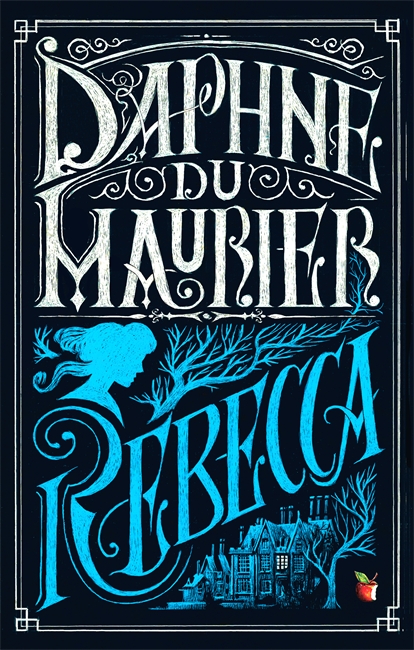
On a trip to the South of France, the shy heroine of Rebecca falls in love with Maxim de Winter, a handsome widower. Although his proposal comes as a surprise, she happily agrees to marry him.
But as they arrive at her husband’s home, Manderley, a change comes over Maxim, and the young bride is filled with dread. Friendless in the isolated mansion, she realises that she barely knows him.
In every corner of every room is the phantom of his beautiful first wife, Rebecca, and the new Mrs de Winter walks in her shadow.
It has been over 20 years since I first picked up the book and when I started reading the chills crawled down my spine.
It was the opening line that did it;
Last night I dreamt I went to Manderley again.
I have never experienced a reread so viscerally as I did with Rebecca!
This read was haunted by the ghost of past reader me who hung over my shoulder reliving the feelings I experienced back then.
I would have been around 11 going on 12 when I first encountered it, I heard the girls in my class whispering about it – it was always whispers with Rebecca. The only other book that was spoken of in hushed tones was Flowers in the Attic by Virginia Andrews – but talking about that book is a topic for another time!
I was a nosy child, I still am depending on whom you ask; so I asked them who Rebecca was, and was told that “Rebecca is not a ‘who’ Rebecca is a ‘what’ and she showed me the book but would not let me touch it.
I managed to get a copy from my school library (a medium-sized room full of books), I can remember that it was old and creased but I did not care as I loved reading.
Rebecca was first published in 1938 and stands up well against modern fiction. The pacing is slower than late 20th/early 21st century works but the language is rich and draws you in, painting a rich tapestry in your mind with beautifully descriptive passages. I found that reading it as an adult gave me a greater appreciation for du Maurier’s skill as an author and her ability to give me chills on a second reading.
Rebecca is a wonderful and near perfect example of a gothic novel; it is dark, bleak and has enough twists to keep the reader guessing. If this tome is new to you then get yourself ready to stay up all night visiting with the second Mrs. de Winter in her lovely home!
If you have already read Rebecca don’t you think it is time to go to Manderley again?